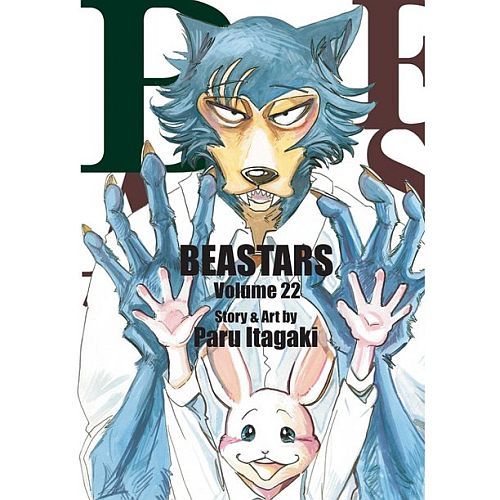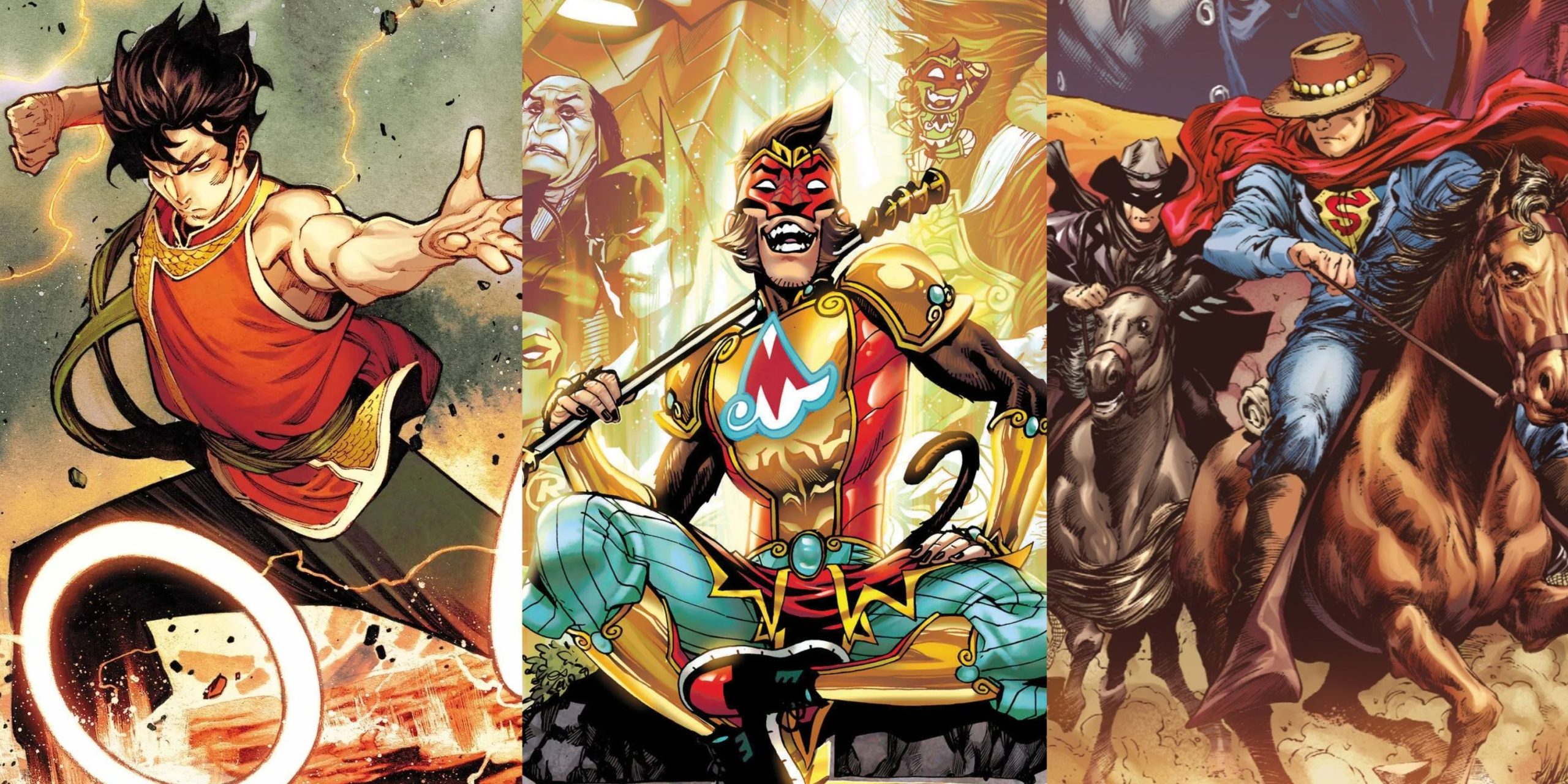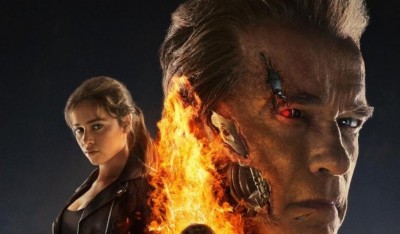I just finished reading the 2nd volume of Paru Itagaki’s Beast Complex (a collection of short stories about the Beastars universe) and Itagaki wrote a thought-provoking (or not, in her own words) afterword at the end of the volume about the stories she wants to tell.
Itagaki said that she often wonders about whether she prefers to talk about relationships or events in her short stories. She says that she thought she liked talking about events at first, but admits that by talking about relationships, there’s added depth. Itagaki then reminisces about her living experiences near certain types of buildings filled with people (a dormitory in a large university, a cult headquarters, and a small theater were her examples). She said that she often wonders about what goes on inside the walls of those buildings and all the drama behind it.
In the end, Itagaki said she likes relationships as much as events when it comes to creating stories. She wants to put a nice balance of the two whenever possible.
Reading Itagaki’s words about relationships vs events made me think about how Beastars turned out. The 1st half of the series was phenomenal in my book. You had a major event transpire at the start of the story and while it’s a plot point, the relationships were on the forefront. We get to see characters like Legoshi, Haru and Louis grow due to their interactions with one another. When the major event finally gets attention near the end of the 1st half, we get to see those relationships enhance that event to deliver a creative payoff that satisfied many fans of the series. When it came to the 2nd half, it was a mixed bag. While there was still a focus on relationships and how they affected events in the series, things didn’t feel the same. There was one major character who was supposed to be the total opposite of Legoshi, but their development near the end of the series felt somewhat off. Beastars is still a great series though. I sometimes think that Itagaki was trying to figure things out with in the grand scheme of things past the 1st half and the focus became a bit too event-focused.
I guess it’s why I love Beast Complex so far. I really enjoyed the 1st volume a couple of years ago for its take on relationships in a very hierarchal system. The 2nd volume is more of the same. Like Itagaki, I share her sentiment whenever I’m around certain buildings of interest. I’m always curious about the people who reside/work in those areas and their history. I recently read a historical memoir about a Chinese family who spent many generations living in a specific building in Chinatown, NYC and how their relationships with one another helped them get through historical events that affected Asian-Americans.
The thing about events is they are often unpredictable or bound to happen at some point. That makes them stand out more than anything. When you talk about topics like mental health and trauma, people who suffer from trauma will say that certain events affected them for the worst. At the same time, what leads to events happening is an intersection of relationships working to create them. I can use anime conventions as an example. Yeah, they’re fun and full of exciting things to talk about. But anime conventions don’t happen without a group of passionate and smart fans coming together for a common cause. They don’t happen without relationships between that group and other interested parties who share similar goals/interests/wants.
I feel that no one talks about how much relationships matter when it comes to why certain events happen. It’s not as simple as “Oh, this happened because I made it happen! I put it all the work!” Relationships are worth talking about more than events at times. They truly make or break people’s lives. There’s a reason why a lot of opportunities in life come down to who you know and not just what you know.
When someone goes through a rough event in their life, they can’t just gut it out alone. They have to rely on key relationships in their lives to get through the pain. Yet sometimes I’ve noticed that people are taught that they got this and they can tackle anything in their way without (or little) help as long as they optimize things like “life-hack” strategies that place too much emphasis on the individual. Having a community of meaningful relationships helps someone become resilient and able to take on life-changing events. They are what leads to better mental health more than anything outside of safety net support.
Events can be fun to talk about, but I feel that if I’m able to spend quality time with someone I care about during events that’s more important. That’s what keeps me going.
Someone I spent time with at an convention once told me that they remember talking to me there more than the actual event itself.
I’m sure it’s the same for many of you. I know the potential for drama and conflict frighten people, but there’s more good than bad. And good conflict is absolutely needed to grow.
We focus heavily on events a bit too much and not enough about the behind-the-scenes of the relationships that make events the way they are.
Like Itagaki says, let’s strive to create an ideal balance of discussing the importance of both relationships and events.



